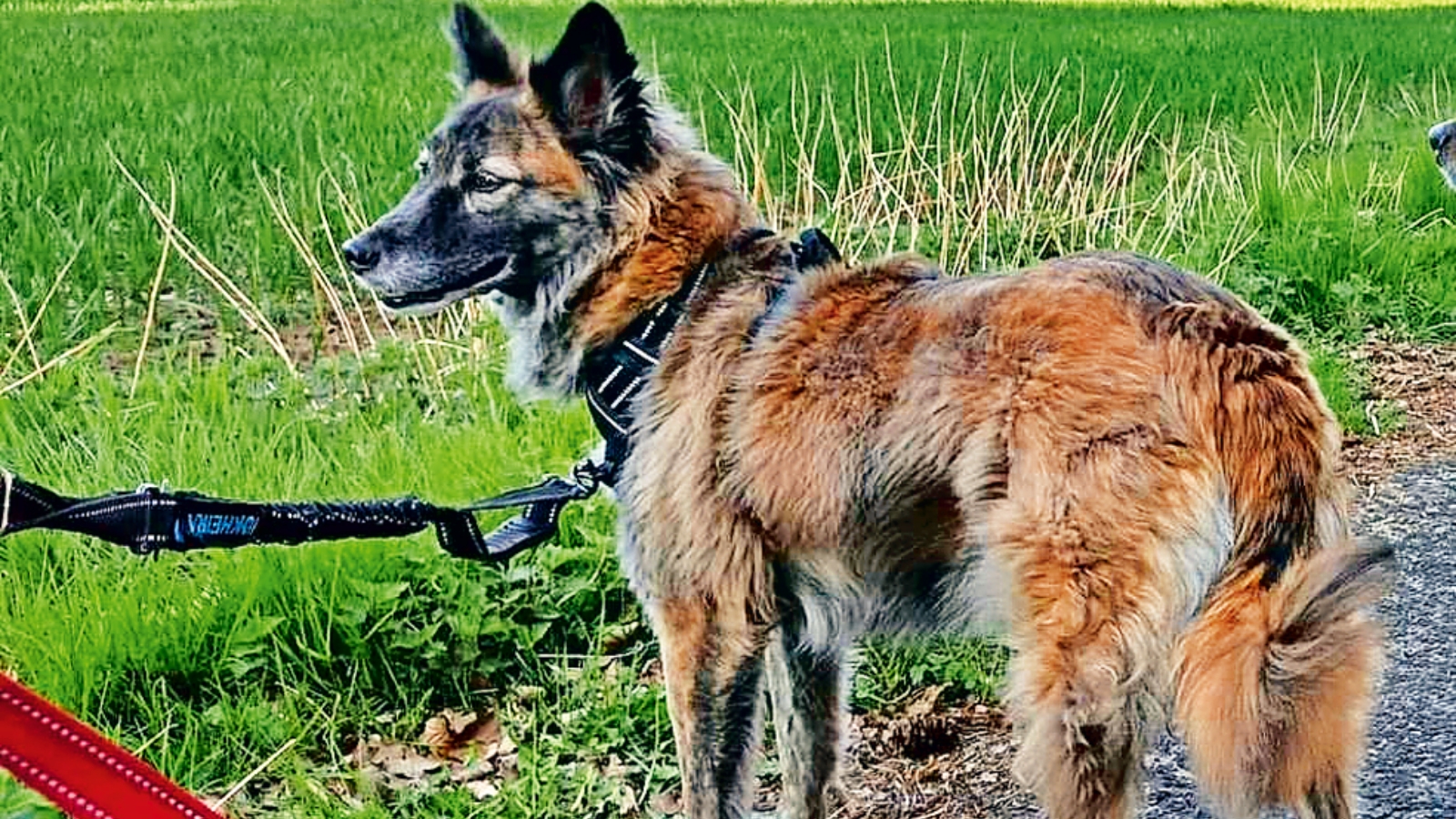Schnauzers, known for their spirited personality and distinct appearance, come in three sizes, each with unique traits. While their adaptability and intelligence make them appealing to apartment dwellers, understanding the breed’s needs is essential. This guide aims to shed light on the compatibility of Schnauzers with apartment living and what prospective owners need to consider for a harmonious life with these energetic dogs.
1. Understanding the Schnauzer’s Temperament
Schnauzers are known for their alertness, intelligence, and loyalty. These dogs are highly sociable and enjoy being involved in family activities. They are known for their protective nature, especially the Standard and Giant varieties, which can be beneficial in an apartment setting. However, they also tend to have a strong personality and can exhibit stubbornness, making consistent training and socialization crucial.
2. Exercise and Physical Activity Needs
The exercise requirements of Schnauzers vary by size. Miniature Schnauzers, being the smallest, require moderate daily exercise, while Standard and Giant Schnauzers need more physical activity due to their larger size and higher energy levels. Regular walks, play sessions, and mental stimulation are essential for keeping them healthy and content in an apartment.
3. Socialization and Interaction
Early and continuous socialization is vital for Schnauzers. They need to be exposed to various people, animals, and environments to become well-adjusted pets. This is particularly important for apartment living, where close encounters with neighbors and other pets are common. Proper socialization can help mitigate potential territorial or aggressive behaviors.
4. Noise and Vocalization
Schnauzers can be vocal, often barking to alert their owners of strangers or unusual activities. This trait varies among the three sizes, with Miniature Schnauzers being more prone to frequent barking. Training and mental engagement can help manage their vocal tendencies, an important consideration for maintaining peace in apartment complexes.
5. Space and Living Conditions
Schnauzers can adapt to apartment living if their physical and mental needs are met. Miniature Schnauzers are particularly well-suited for smaller spaces due to their size. Regardless of the variety, creating a comfortable living space with areas for rest, play, and eating is important for their well-being in an apartment setting.
6. Grooming and Upkeep
Schnauzers require regular grooming to maintain their wiry coat and distinctive appearance. This includes routine brushing, professional grooming to keep their traditional Schnauzer cut, and regular baths. Their grooming needs are manageable in an apartment but do require a commitment to maintaining their coat’s health and appearance.
7. Training and Behavioral Management
Effective training is crucial for Schnauzers, especially in an apartment environment. They respond well to positive reinforcement and consistency in training. Focus should be on obedience, house manners, and minimizing excessive barking to ensure they are well-behaved apartment residents.
8. Health Considerations
Each Schnauzer variety has its specific health considerations. Miniature Schnauzers are prone to conditions like pancreatitis and diabetes, while Standard and Giant Schnauzers may face joint issues and certain genetic conditions. Regular veterinary care and a balanced diet are important for their overall health.
9. Compatibility with Apartment Lifestyle
If their physical and mental needs are adequately addressed, Schnauzers can be compatible with apartment lifestyles. Their intelligence and adaptability suit apartment dwellers who can commit to regular exercise, mental stimulation, and grooming. The Miniature Schnauzer, in particular, is an excellent choice for apartment living due to its smaller size.
10. Other Considerations for Prospective Owners
Prospective Schnauzer owners should consider the breed’s exercise needs, grooming requirements, and temperament. It’s also important to review apartment policies regarding pets and to be aware of the financial responsibilities, including costs for food, grooming, healthcare, and potential pet insurance.
Conclusion
In conclusion, a Schnauzer can live happily in an apartment with the right care and environment. Their loyalty, intelligence, and adaptability make them suitable companions for apartment dwellers willing to meet their exercise, mental stimulation, and grooming needs. With proper training and care, a Schnauzer can thrive and bring joy to apartment living.








